From Lockerbie to the London bombings: The nine worst terrorist attacks in Europe since 1970
In the wake of recent terrorist attacks in Europe – from Paris to Brussels – global world conflict has been playing out on the local stage. Yet terrorism, from paramilitary organisations in Northern Ireland to Palestinian extremists in Munich, is not a new phenomenon. To chart the history of these tragic incidents, IBTimes UK has taken a retrospective look at the worst attacks to hit Europe since 1970.
Munich Olympics, 1972
During the atrocities at the 1972 Summer Olympics in Munich, West Germany, 11 members of the Israeli Olympic team were taken hostage – and eventually massacred – by a Palestinian group known as Black September who stormed the Israeli team's hotel that demanded that over 200 prisoners jailed in Israel be released. In a failed rescue mission, German police killed five of the eight Black September members. In the aftermath, Israeli intelligence agency Mossad launched an offensive retaliation dubbed 'Operation Wrath of God' to track and assassinate a collective of Palestinians suspected of being involved in the attack.
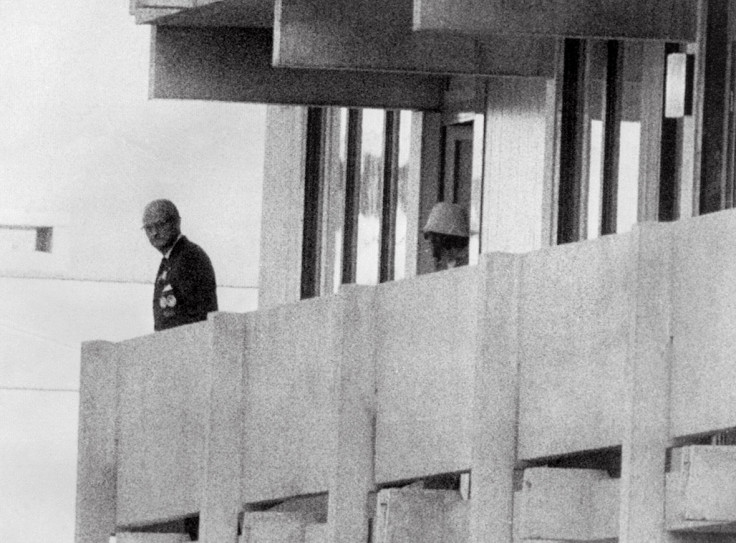
Bologna, 1980
The bombing of the central station in Bologna, Italy, on 2 August 1980 killed 85 people and wounded more than 200. The bomb detonated in an air-conditioned room crammed full of people trying to stay cool from the heat outside. The blast, which was reportedly heard for miles, devastated the main station building and impacted the Ancona–Chiasso train that was unfortunately waiting at the first platform. The attack was attributed to the Nuclei Armati Rivoluzionari (NAR) which was a neo-fascist terror group that engaged in a series of bombings and assassination attempts throughout Italy between 1977 and 1981. Following the tragic incident, two suspects, Francesca Mambro and Giuseppe Fioravanti, were sentenced to life imprisonment.
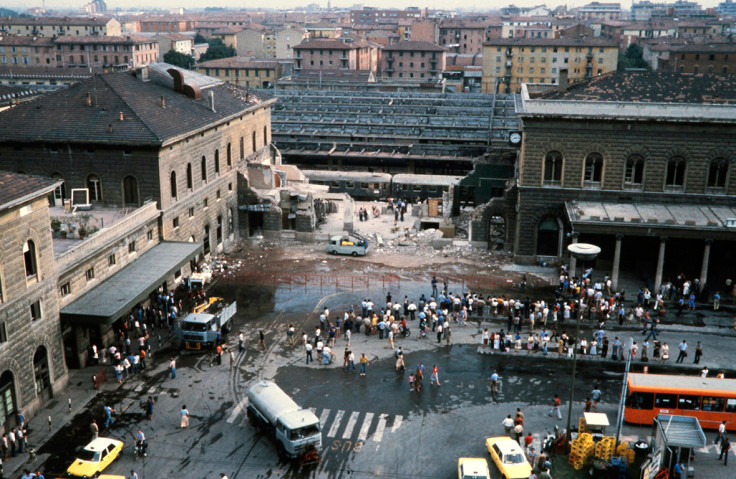
Omagh, 1998
In what remains one of the worst atrocities to have taken place during the 'Troubles' in Northern Ireland, the Omagh bombing claimed the lives of 29 people – including nine children – in an IRA-orchestrated attack. The incident occurred mid-afternoon and devastated a busy shopping street with over 225kg-worth of explosives. Tragically, a warning called in 40 minutes prior to the bombing had given the wrong location for the car containing the explosive device – meaning local police sent innocent civilians closer to the scene of the blast instead of to safety. In 2016, families of victims were left outraged as the criminal case against the only remaining suspect, Seamus Daly, collapsed after the reliability of a key witness was called into question.
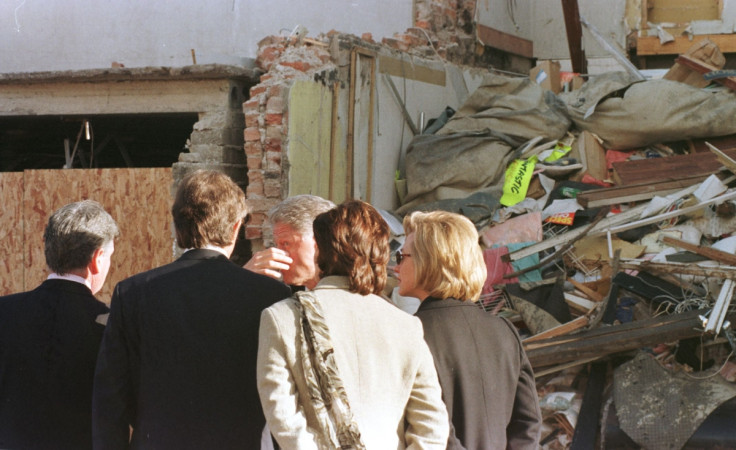
Lockerbie, 1988
On 21 December 1988 a Boeing 747 – Pan American flight 103 – exploded over the Scottish town of Lockerbie, which killed all 259 passengers and crewmembers on board plus 11 people on the ground at the scene of the crash. In a subsequent investigation by US and British authorities, it was determined that a bomb, not a mechanical failure as first assumed, caused the tragedy. Over the next three years, the joint investigation would question tens of thousands of suspects spanning more than 30 countries across the globe. The plot that emerged included two Libyan intelligence agents, called Abdelbaset Ali Mohmed al Megrahi and Al Amin Khalifa Fhimah, who eventually stood trial for murder, conspiracy to murder and violation of Britain's 1982 Aviation Security Act. At the conclusion of the trial, Abdelbeset Ali Mohmed al Megrahi was found guilty and jailed for a minimum of 27 years.
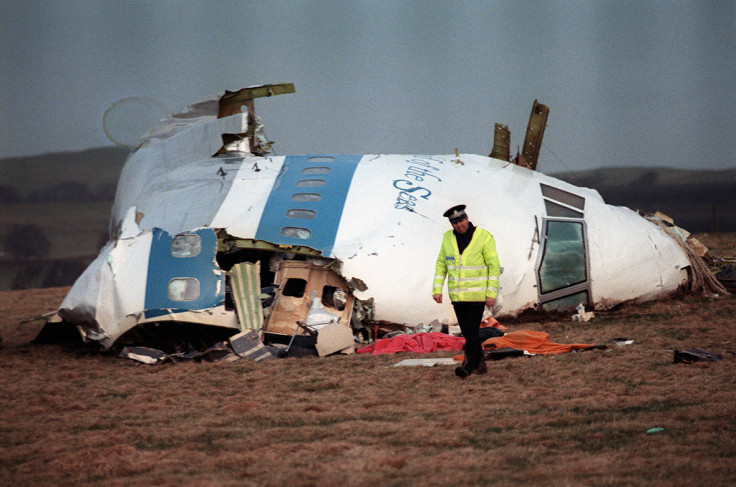
Spain, 2014
In March 2014, bombings of commuter trains in Spain killed 191 people and injured nearly 2,000 more in what has been described as the worst terrorist attack in the country's history. Bombs were uncovered in small bags and backpacks and investigators subsequently found Spanish-made explosives, mobile phones and timers. The initial suspects after the attack were Islamic militants inspired by al-Qaeda and a group called Euskadi Ta Askatasuna (ETA), which was responsible for a slew or murders and assassinations across France and Spain at the time.
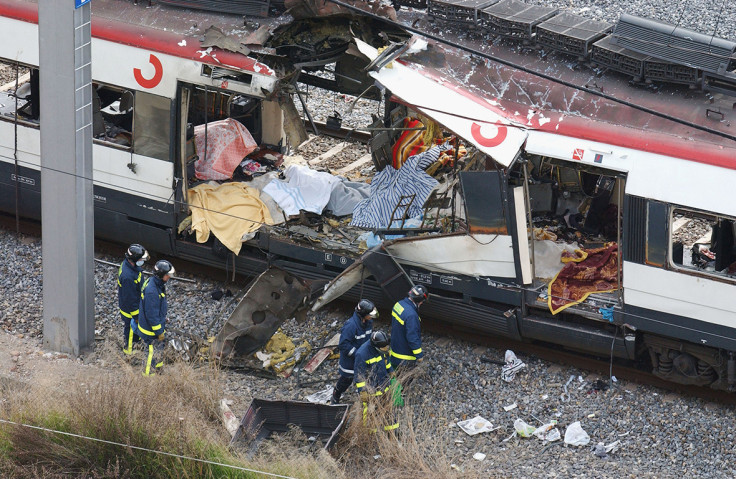
London, 7/7/2005
In a coordinated and brutal attack on British soil in the summer of 2005, more than 50 people were killed and hundreds more injured after four men carrying backpacks full of explosives attacked busy transport locations in central London. The attack, which hit at rush hour on 7 July, consisted of four bombs being detonated – three on the busy London underground and one on a bus at Tavistock Square. The British-born terrorists – Mohammad Sidique Khan, 30, Shehzad Tanweer, 22, Germaine Lindsay, 19, and Hasib Mir Hussain, 18 – were found after-the-fact to have links to Islamic extremism and were all killed in the attacks.
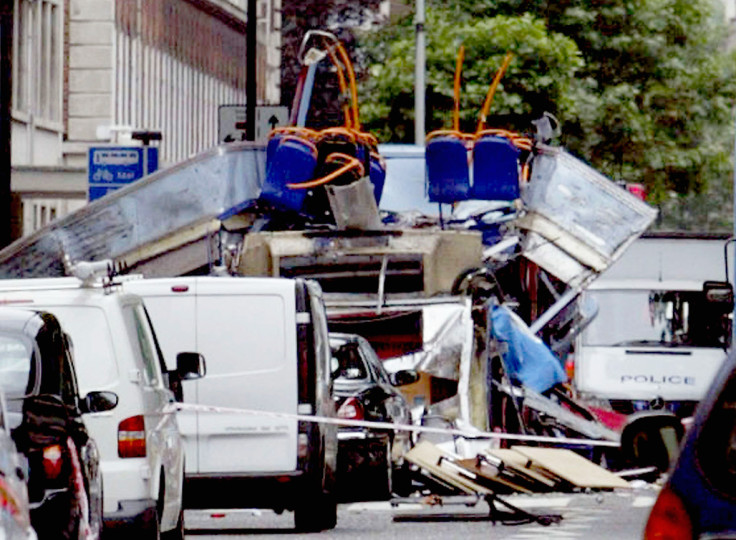
Oslo 2011
A massive car-bomb explosion in Oslo, Norway, on Friday 22 July killed eight people and caused significant damage to the offices of the prime minister and the finance ministry. The explosive device, which was made of fertiliser, reportedly contained over 900kg of explosives – however was only the beginning of the terror attack nightmare that occurred that day. Roughly two hours after the bombing, a heavily armed man dressed as a police official went on to shoot over 80 students on the island of Utøya. The terrorist in question – Anders Behring Breivik – was found to be a far-right extremist and orchestrated both attacks. After being arrested and tried, he was later sent to prison for 21 years.
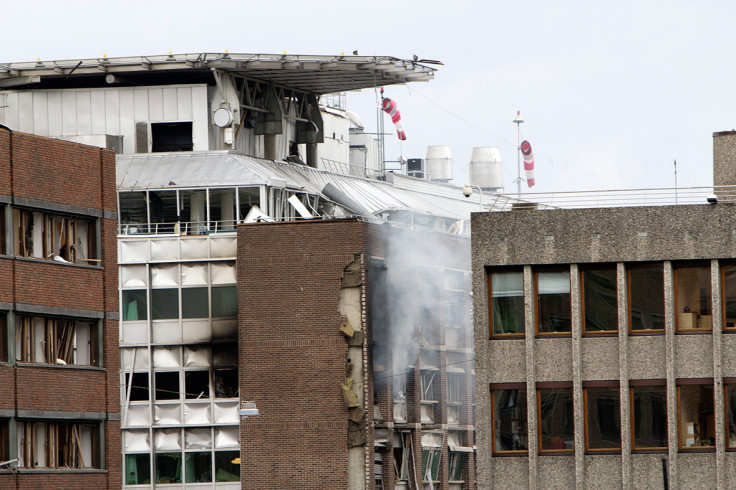
Paris, November 2015
The horrific attacks in Paris on 13 November involved a coordinated operation by gunmen and suicide bombers that was later claimed by the Islamic State terror group. The militants hit a rock concert, a large stadium and busy restaurants at the same time and the attack resulted in 120 deaths and hundreds more wounded. In response to the attacks, a three-month state of emergency was declared across the country as French authorities launched a large-scale operation consisting of hundreds of raids in order to find suspects related to the terror operation. French president Francois Hollande described the events as an "act of war".
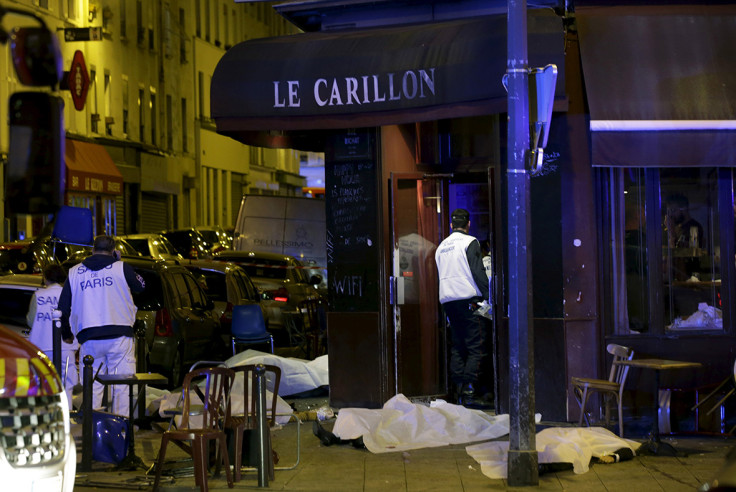
Brussels 2016
On 22 March 2016, three terrorist attacks hit Belgium – two at Brussels Zaventem airport and one at the Maelbeek metro station – that resulted in 31 deaths and hundreds of injured in what was one of the deadliest acts of terrorism in the nation's history. Three bombing suspects were identified as having orchestrated the attacks after horrific videos and images of the event quickly spread on social media. Two of the bombers – who were soon found to be brothers – were killed in the attack and the remaining suspect went on the run. Later, the Islamic State terror group claimed responsibility for the attacks as Belgian police launched a manhunt the remaining militant.
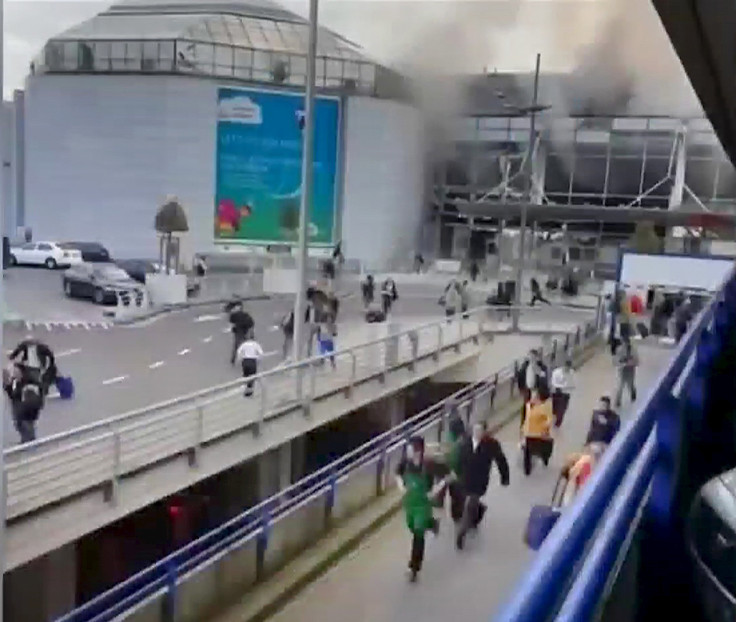
© Copyright IBTimes 2025. All rights reserved.




















